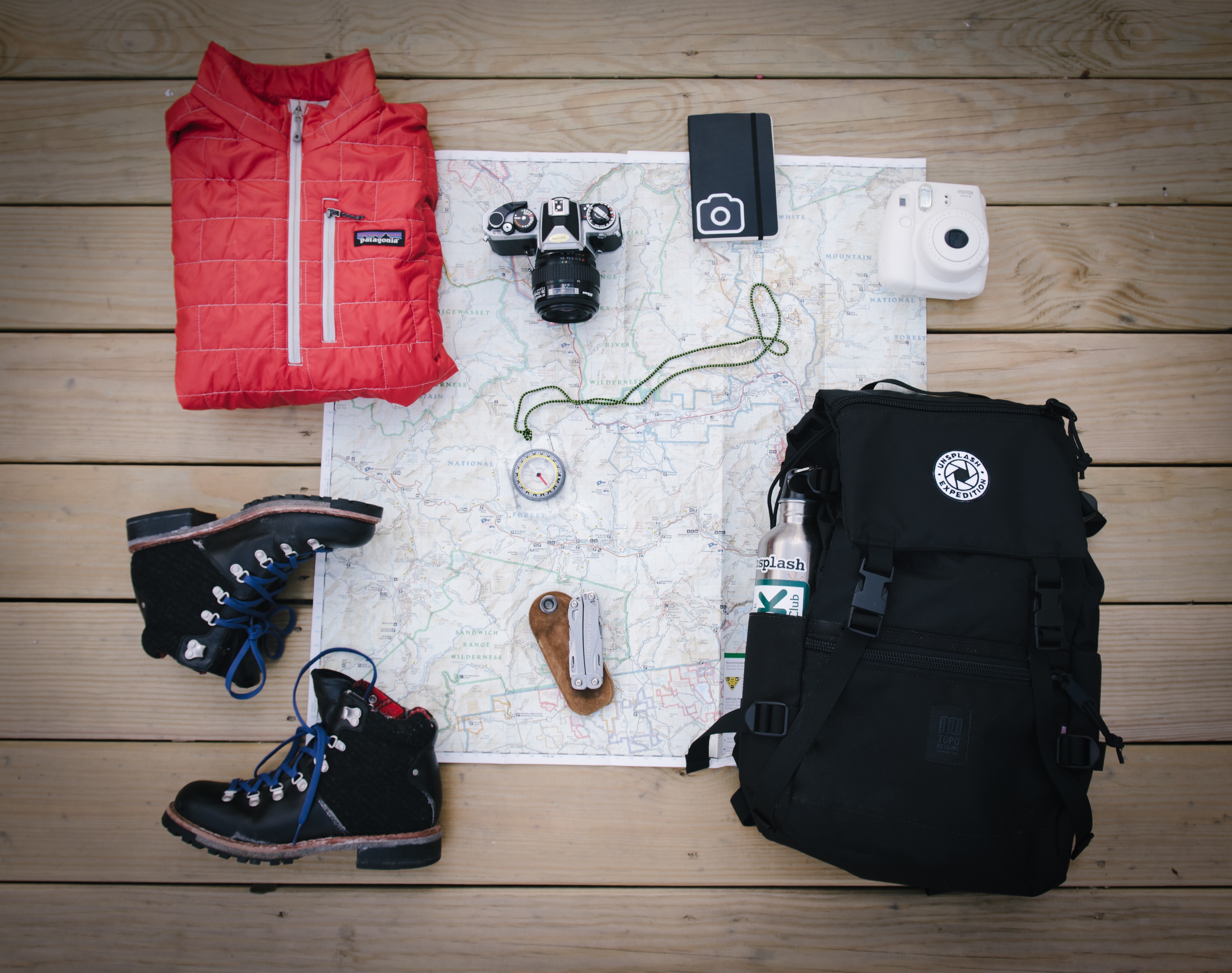Italy Checklist: Sponsoring Highly Skilled Migrant Visas
Grab a copy of a guide to international employee relocation
View E-bookA digital nomad is a remote worker who performs their work from anywhere in the world, travelling on a regular basis to various countries. Anybody who has a remote-accessible internet job might be referred to by this word.
Digital nomadism is a lifestyle. People deciding to embrace it are able to travel the world while working remotely (usually via their laptop or smartphone). They are not confined to one single place and may work from any location as long as it has good Wi-Fi. They work from coffee shops, co-working spaces, bookshops, or rented flats and campervans.
Although this lifestyle might have begun with travel bloggers and artists, now you can see independent contractors, business owners, and various professionals choosing it. Location independence and freedom of movement are the key aspects of digital nomadism.
There is a long checklist of things to do and think about before you may start this lifestyle. While the idea of working remotely appeals to many, the reality often differs significantly from the ideal.

Some important benefits:
Working from anywhere might be a dream for many people. But as with any other lifestyle, it is not suitable for everybody. Make sure it’s exactly what you want and need.

If you want to make it as a digital nomad, you’ll need to take stock of your existing abilities and the types of work that are in demand. Make a strategy for enhancing your skills through the completion of relevant courses.
Key skills you should possess no matter the activity sector:
It’s mandatory to have a readily available portfolio to show your potential clients as digital nomads. You can create your own website where clients can see your skills and experience. Your greatest work should be showcased on your portfolio website, which should also be SEO-friendly and explain your qualifications and convince prospective clients to employ you.
The next step is to find those clients! There are numerous remote jobs available on the internet on specialized websites, you can check a detailed list here.

Some of these websites might be focused on certain types of jobs, so make sure you search thoroughly for whatever suits you.
You can either decide on freelancing jobs or start your own business. Some businesses are actually looking to work with digital nomads, given the current labour market difficulties.
Make the most of what you already know to confidently market yourself! Decide what your skill set is, concentrate on it, and really home in on what makes you special and marketable.
You will find it easier to become a digital nomad if you hang out with other people who want to do the same thing, whether they are online or in person.
Making friends and connections within nomad communities can help you find your community while you’re travelling and working abroad.

You can check out various digital nomad communities around the world here.
The word “glamorous” usually comes to mind when thinking about people travelling around the world while working from a laptop. The reality is different. In fact, you’ll learn what minimalism means and have to get rid of most of your stuff.
It can be a very difficult thing to part with your worldly possessions, but apparently, for many nomads, this is like therapy. Whatever you can’t part with, leave it with relatives, friends, or find a storage space.
Just as with any other major life change, it’s best to save up a cushion of money first. It’s not necessary to have a huge amount and make sure you don’t put off the start of your nomad life until you feel ready. Chances are, you’ll never feel ready.
A good starting point is to have enough money to last for three to six months. Thus, you can cover any unforeseen costs or problems that might arise during your travels.
One thing is certain: you do not want to run out of funds in a foreign country. So, plan ahead and make sure you know exactly how much you need to survive during your trip and what you need to do to save up.
Think about your career and how far it has room to expand before deciding on a place that is too expensive for your current income. Prior to leaving, get in the habit of thinking like a frugal traveller. A low-income and a large city are a bad mix. First and foremost, you should settle on a reasonably priced location.

Then you should assess the standard of living in each potential location. As a digital nomad, a high-speed internet connection is an absolute must. Some people are looking for a place with a high safety rating, while others want a more social environment.
Make a decision that is in line with your own personal values, goals, and budget. When deciding where to live, NomadsList.com is a great place to start.
Getting travel insurance should be the next item on your list. You should obtain a variety of insurance policies, including medical, travel, life, and auto insurance.
You should pay attention to the types of insurance coverage you’d like to get. Furthermore, several countries make it mandatory for people to stay longer on their territory.
Check out some of the digital services below to help you stay on top of your work and keep your life in order while you’re travelling:
You will spend a great deal of time away from home as a digital nomad. Before you depart, though, you should compile all of your paperwork and make duplicates of everything.
Make copies of your important documents in case you ever need to replace a passport, credit card, or other forms of ID that were lost or stolen.
You might want to start with:
The impact of digital nomads is immense, as they bring fresh ideas, creativity, and expertise to rapidly developing sectors.
If you decide to become one, you need to be ready for a variety of barriers—and forget about spending all day on a tropical beach sipping a margarita while working. This lifestyle demands great effort, a resilient and flexible state of mind, and endless curiosity.
Are you a digital nomad or a remote worker and need specialized services like social security, tax advisory or immigration and visa support? Get in touch with us!
xpath.global is a SaaS-enabled marketplace with +450 expert partners, local and regional global mobility providers, with over 50.000 services in over 183 countries.

Italy Checklist: Sponsoring Highly Skilled Migrant Visas
Grab a copy of a guide to international employee relocation
View E-book